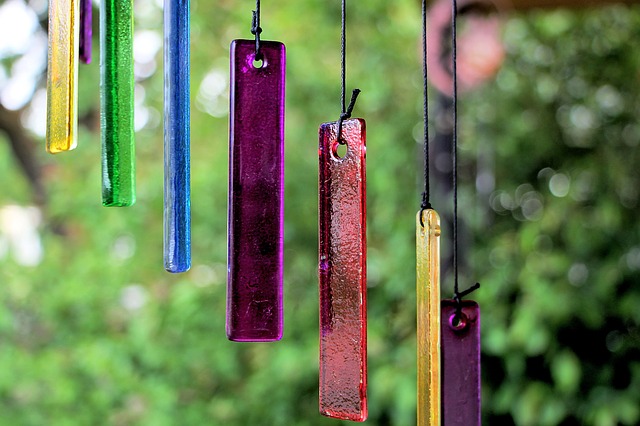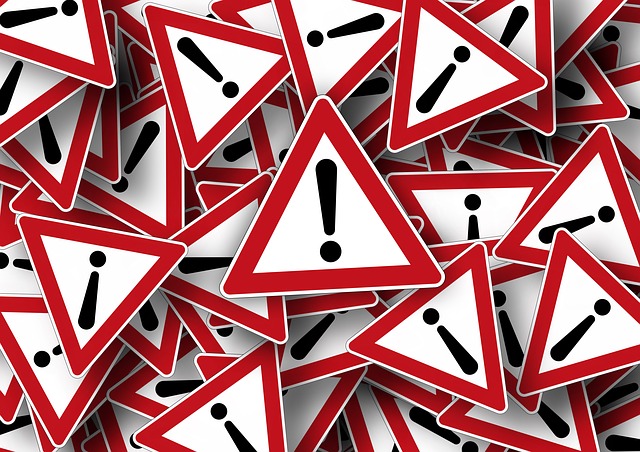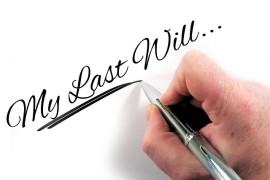The dictionary definition of addiction makes the issue crystal clear. www.merriam-webster.com defines it as:
- a strong and harmful need to regularly have something (such as a drug) or do something (such as gamble)
- : an unusually great interest in something or a need to do or have something
With such a definition, most of us believe we know where we stand. We know we drink alcohol or dabble in drugs. We might even acknowledge we could do with cutting back – but the need isn’t “strong”. It’s definitely not “harmful” – so all is well, isn’t it?
The Power of Perception: How Do We Look At Addicts In Society?
We exist in an echo chamber, where the idea that we can’t possibly be an addict mirrors back at us. The most pervasive way this happens is through pop culture, as TV and movie addicts are cartoons of the condition. Characters who suffer from addiction will usually go through one of the following:
- Their entire life falls apart; they lose their job or their home or their marriage. Sometimes, they lose all three.
- They appear physically disheveled and unlike their usual self.
- They turn to crime to be able to fund their addiction.
- Even if they do manage to quit, the storyline will lure them back in at any given opportunity.
- So we turn to ourselves. We are still in a relationship; we hold down a job; our finances are fine. So we’re not an addict! We pat ourselves on the back, congratulating our self-control for how our little binges are fine. Understandable, even. We aren’t like addicts; not those people.
We’ve even managed to coin phrases to reinforce this. We term ourselves “social drinkers”. Or we say we don’t drink on a daily basis, thus we cannot have an addiction – ignoring the mass quantities we consume on the weekend. We forgive ourselves, delude ourselves, because to admit anything else is to join a club we don’t want membership of. Few of us can tolerate a true mirror of ourselves, so we coddle ourselves and say we are fine.
Is This True of Everyone?
You may be reading this and thinking there are a lot of sweeping generalizations going on – and there are. For the vast majority of the populace, the “we” used above is not going to refer to them. Addiction is not an inevitability; it is possible to enjoy recreational usage of addictive substances. The mere fact you consume alcohol or have occasional drug use does not an addict make.
Yet for some of you reading this, the above is going to chime a little too closer to home. It’s you that we’re targeting here. If you truly don’t have an issue, the idea of a challenge – of the accusation of deluding yourself – will do no harm. You know it isn’t true, so you brush it off.
For others, it will feel like a personal insult. Like we have targeted you directly with those words; you won’t see them as generalizations. Deep down, the reason it bothers you is because you know. You’ve got a problem.
And that’s okay.
The Signs You Try To Ignore
The human mind is good at compartmentalizing things, as this article shows https://www.psychologytoday.com/blog/skinny-revisited/201307/compartmentalizing-2 . We separate off little sections for a specific purpose; otherwise, we would collapse under the strain of mere existence.
Sometimes, addictive behaviors – the signs we know we should be alert to – get shuffled into the recesses. That, however, does not mean we don’t know they are there.
Have you ever done one of the following?
- Had a bad experience at work, and immediately thought about your chosen vice? Anything along the lines of: “this is horrible, but at least I can have a drink tonight and calm down…”
- Used your vice as a reward for something? You have done well at work; survived a stressful day or done a task you have been putting off. Is your first inclination to “celebrate” with a little bit of indulgence?
- In the case of alcohol, have you ever done something to mask the amount you drink? Perhaps you have separated your empty bottles into two weeks worth of recycling, rather than one. You tell yourself it’s because it’d be too heavy otherwise, but in reality, you just don’t want to confront the problem.
- Thought that a social event would be better if you had been able to drink/smoke/do drugs there? Worse yet, perhaps sometimes referred to “needing” your vice so you can relax in social situations?
- Used any kind of lighthearted justification? Examples would include: “it’s five o’clock somewhere!” for opening wine mid-afternoon. “I started my day at 6 am, I have been up for hours – if you wake up at noon, no one questions you drinking within six hours of waiting!” is another. The same kind of thinking applies to situations like Christmas, Easter, birthdays or any other event on the calendar. Anything that involves justifying your vice, even if it is only to yourself.
Even if you go through high levels of self-deception, some of those things are going to stick. Your brain knows them, and no matter what you tell yourself, it knows the true reason you are doing things.
But I Can’t Be An Addict…
Let’s say you have gone through the above, and it’s all made far too much sense. That’s the end of the road, right? You have faced the problem and acknowledged that it’s a bit too familiar. So you check yourself into facilities like www.clearbrookinc.com/ or similar, get fixed, get over it.
Except that isn’t how it goes. There is no sudden lightbulb moment. Think about how you have developed the way of thinking for years, as you indulge in the daily deception. These are well-practiced habits, and up until this point, they have been working for you. They are far more familiar, more comfortable, than a worrying new reality.
This new reality – where you acknowledge the issue – is terrifying. Not only do you now know you have to confront the problem, but you have to begin to see yourself differently. The old lies are not going to be able to cut it anymore. It’s unlikely that you are ready to acknowledge that you have become one of them, the addicts, the people on TV whose lives fall apart.
Even if the initial conviction and determination to seek help burns bright, it will dull. It’s likely you will soon tell yourself one of the following:
- “I have overreacted. I was having a bad day, and it all seemed to make sense, but this is ridiculous!”
- “I have acknowledged there’s a bit of a pattern of bad behavior, but that doesn’t make me an addict. I just need to tighten up and sort it out.”
- “That article was custom-made to convince people they’re addicts; I fell into the trap of it. I need to be less gullible.”
The second one is the most damaging of all.
The Final, Great Delusion of the Addicted Mind
As the second example there states, many will react with a brief acknowledgment – and a determination to handle the issue.
That’s a good thing, in one way. Any acknowledgment is better than none at all. But the delusion has not finished with you yet; in fact, the last hurrah is the one you will find hardest to push past.
Thinking that you don’t need help to solve a problem is the last piece of the puzzle. You decide to internalize the problem. It might be because you feel ashamed and don’t want to admit what is happening to anyone else. It might be because your life is busy and recovery programs are a huge time demand. Or it might just be a sense of self-sustainability; you got yourself into this mess, so you can get yourself out.
You can’t do that. You are literally not wired in a way that is going to make you able to do that. When you have an addiction, and you then deny your brain the rush of dopamine it has been living off, it’s going to react badly. The withdrawal will begin; the depression that follows is inevitable. All of a sudden, the strong sense of conviction that you feel right now is overwhelmed. It is drowned out by the new, desperate demands as your system tries to cope without the thing it has needed for so long.
Even if you only tell a single friend, tell someone. A professional is best, but anyone is better than nothing. Externalize the problem rather than expecting to cope by yourself. And remember: this is the start of things getting better. A new honesty with yourself, a new start and a way to actually move forward.
One thing is for sure: if you don’t do it now, you’ll still have to do it eventually. Why put off the inevitable? Make the change today and get back to where you should be.














Comments are closed.